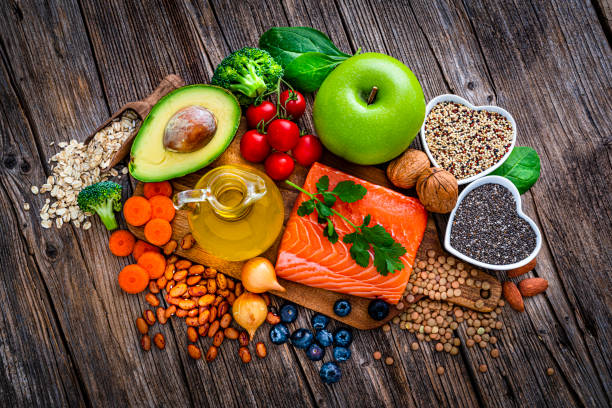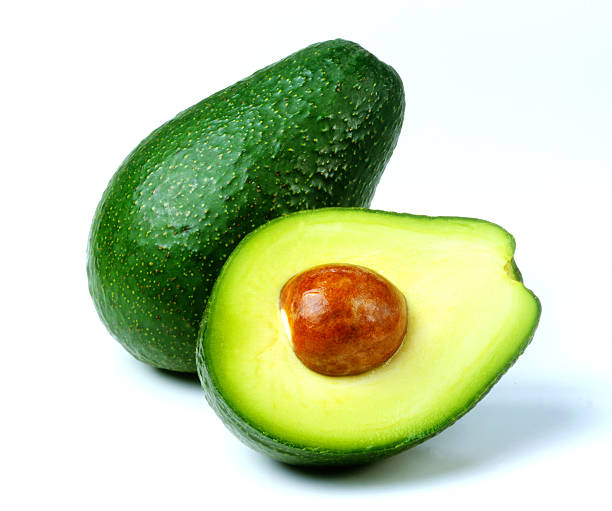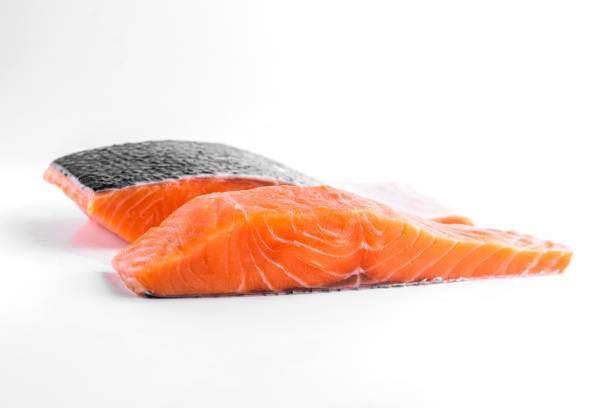
Heart disease accounts for nearly one-third of deaths worldwide. Diet plays a significant role in heart health and can affect your risk of heart disease. Certain foods can affect blood pressure, triglycerides, cholesterol levels, and inflammation, which are risk factors for heart disease.
Here are 10 foods you should eat to maximize your heart health.
Leafy green vegetables

Leafy green vegetables like spinach, kale, and collard greens are well understood for their wealth of vitamins, minerals, and antioxidants.
In particular, they’re a fantastic source of vitamin K, which helps safeguard your arteries and encourage proper blood clotting.
They’re also high in dietary nitrates, which have been demonstrated to lower blood pressure, reduce arterial stiffness, and enhance the operation of cells lining the blood vessels.
Whole grains

Whole grains contain all three nutrient-rich parts of the grain:
- Germ
- Endosperm
- Bran
Numerous studies have discovered that including more whole grains in your diet can aid your heart health.
RELATED: Heart-Healthy Foods, Cooking with Recipe Substitutions
Berries

Strawberries, blueberries, blackberries, and raspberries are jam-packed with essential nutrients centralizing heart health.
Berries are also rich in antioxidants like anthocyanins, which defend against the oxidative stress and inflammation that contribute to the maturation of heart disease.
Berries can be a delightful snack or a tasty low-calorie dessert. Try adding a few different varieties to your diet to take advantage of their outstanding health advantages.
RELATED: ‘Balance’ Is Key For a Heart Healthy Diet
Avocados

Avocados are an ideal source of heart-healthy monounsaturated fats, linked to decreased cholesterol levels and a lower chance of heart disease. Avocados are also rich in potassium, a nutrient that’s important to heart health. Just one avocado delivers 975 milligrams of potassium or about 28% of the amount you require in a day.
Getting at least 4.7 grams of potassium per day can lower blood pressure by an average of 8.0/4.1 mmHg, which is associated with a 15 percent lower risk of stroke.
Fatty fish and fish oil

Fatty fish like salmon, mackerel, sardines, and tuna are packed with omega-3 fatty acids, which have been researched broadly for their heart-health benefits.
Omega-3 fatty acids from fatty fish may have a protective function in the risk of acquiring heart disease and slightly decrease the chance of CVD events and arrhythmias. Fish consumption is associated with a lower chance of cardiovascular disease, sadness, and death.
Walnuts

Walnuts are a wonderful source of fiber and micronutrients like magnesium, copper, and manganese.
Research shows that including a few servings of walnuts in your diet can help defend against heart disease.
Beans

Beans contain resistant starch, which resists digestion and is fermented by the beneficial bacteria in your gut. Resistant starch can potentially benefit the gut and certain members of its resident microbiota.
Numerous analyses have also discovered that eating beans can decrease certain risk factors for heart disease.
RELATED: 7 Reasons Why You Should Eat Dark Chocolate
Dark chocolate

Dark chocolate is rich in antioxidants like flavonoids, which can help promote heart health.
Tomatoes

Tomatoes are packed with lycopene, a natural plant pigment with strong antioxidant effects.
Antioxidants help counteract harmful free radicals, stopping oxidative damage and inflammation, both of which can contribute to heart disease.
Almonds

Almonds are very nutrient-dense, boasting a long list of vitamins and minerals essential to heart health.
They’re also a useful source of heart-healthy monounsaturated fats and fiber, two essential nutrients that can help guard against heart disease.
Conclusion
As new evidence materializes, the connection between diet and heart disease grows more assertive.
What you eat can affect almost every part of heart health, from blood pressure and inflammation to cholesterol levels and triglycerides.
Including these heart-healthy foods as part of a healthy, well-balanced diet can help keep your heart in good shape and minimize your chance of heart disease.









